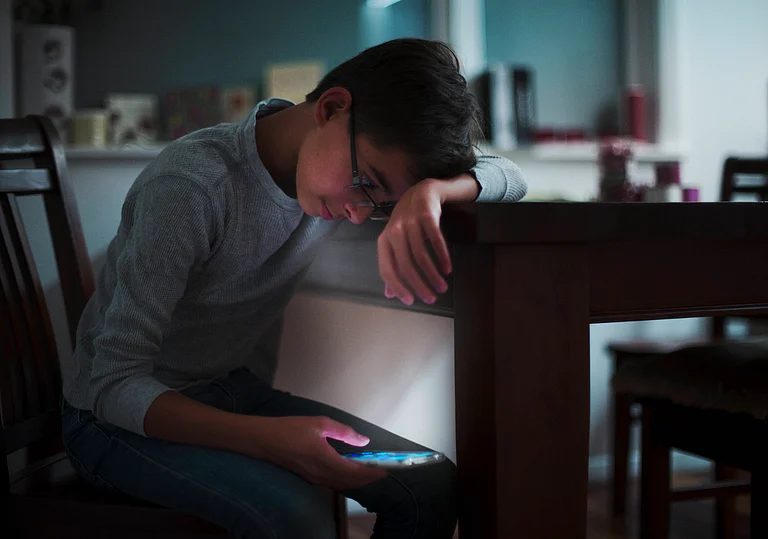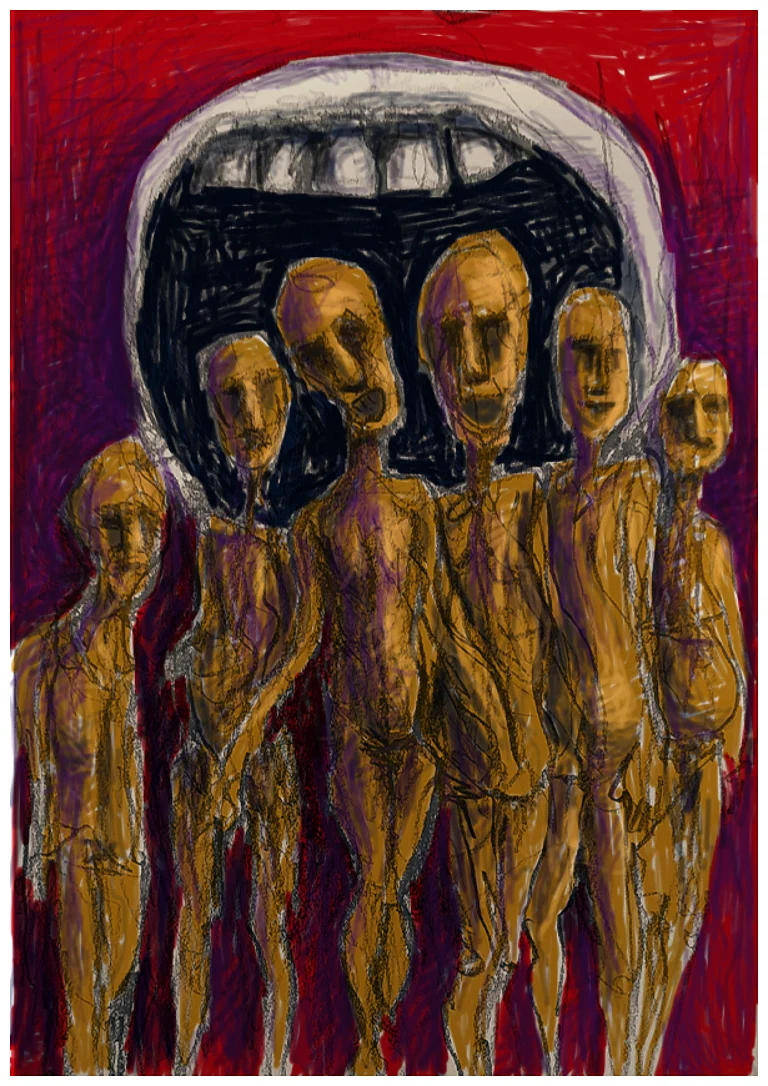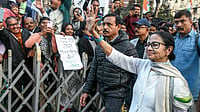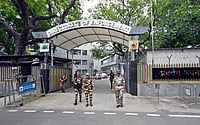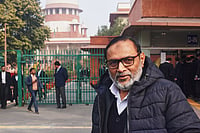
India has the world’s second largest online population with over 33 per cent of the population being active on social media.
The BNS/IPC laws and the Constitution’s restrictions on free speech apply to online speech as well, along with the Information Technology Act section 67.
The SC has directed the government to frame guidelines for social media speech saying commercialised speech is not protected by Article 19 of the Constitution.
On August 25, 2025, while listening to the case against Samay Raina and others, the Supreme Court asked the Central government to frame guidelines to regulate speech on social media. Since influencers on social media often monetise their content, they commercialise free speech in ways that might be offensive to vulnerable and marginalised communities, the court said.
“Influencers of today should realise that commercialising speech comes with a responsibility,” said a Bench comprising Justices Surya Kant and Joymalya Bagchi. The top bench then directed the Union government to prepare regulations in consultation with the National Broadcasters and Digital Association.
With nearly 34 per cent of India’s population, the new guidelines have caused much furore. The court specified that any guidelines from the Centre should not be “a knee-jerk response” to a single incident, but rather should be forward looking. However, stakeholders such as content creators are not unconvinced and have expressed fear that the new guidelines will give the government a new way to curb their freedom of speech online. Meanwhile, others are optimistic that such directives could curb online bullying and hate speech against vulnerable groups such as the disabled and women.
India has the world’s second-largest online population with over 800 million internet users and 491 million active social media identities, as per the Digital India Report released in February 2025.
Under Article 19(1)(a) of the Indian Constitution, free speech in India is subject to “reasonable restrictions”. Article 19 goes on to cite public order, decency, defamation, incitement to offence as reasonable restrictions. While several PILs are pending before the court from vulnerable groups, any new guidelines would have to fit within the established Constitutional limitations. However, judicial intervention in asking the Centre to frame fresh guidelines—over and above those in the IT Act and IT Rules— signals that judges could also read a person’s right to dignity as one of the limitations of free speech online.
“The court is actually listening to wide-standing demands by multiple marginalised communities to actually put in place an anti-discrimination law that is comprehensive and takes care of all of these concerns,” says Anish Gawade, NCP Spokesperson. He adds that the need of the hour is “a comprehensive anti-discrimination law that takes into account the various facets of discrimination and actually puts in place some measures.”
For content creators who monetise their work online, the court’s observation that “commercial speech” does not enjoy the same free speech protection as non-commercialised speech under Article 19, plays into an already wide trust deficit with the Central government whom they feel has been punishingly strict with online free speech already.
“With due respect to the Supreme Court, we already are living in a time when people who do not belong to the mainstream in India, a lot of YouTubers and people from whom we are getting the news, are getting slapped with sedition charges. So, when you (the SC) introduce something like this (the guidelines), it's a shot in the arm for the government to further stifle dissent,” says journalist Rana Ayyub. She adds that such directions are “a warning sign to an already vulnerable atmosphere for journalists and content creators.”
Gawade, while he says that guidelines are required and should be framed, adds that there is a trust deficit between the people and the government which has created “a space where the whole sort of default mode is confrontation with the state.”
A Trust Deficit Between the Government and Content Creators
Creators, however, say they are already policed enough, while others who align with the ruling party’s or with majoritarian views get away scot-free. I think that we are overreacting to this announcement. Today is the free-est speech has ever been. Our politicians can call for the murder of minorities in election speeches, our spiritual leaders can sell us unsafe household products from prime time ad slots and our news anchors will find a way to call this “Speech Jihad.” It’s free speech at a premium subscription price,” says comedian and actor Aditi Mittal.
Similarly, Manjul, a well-known political cartoonist points out, “members of the ruling party are on TV every day—they give hate speeches, they make false claims, they say all kinds of absurd things. Even the PM makes false claims in his rallies and otherwise also. But there’s no action against them.” He adds that, “There should be one set of rules for everybody. You can't do this where one person says something and you hound him but politicians say things and no one says anything.”
Gawade points out that the guidelines may not be very effective given the nature of the internet. “Case law will tell you that cases of hate speech require a certain book to be banned or a sort of film to be censored by the censor board. But we don't live in that world anymore. You ban something in India, people are going to use a VPN and access it anyway,” he says.
Whether the guidelines will be a shot in the arm for authoritarian tactics by the government to curb journalists, or whether they will be helpful for vulnerable communities who receive a large share of hate messages and bullying online is yet to be seen. The matter is set to come up for hearing in November, 2025.








